Oliv on intersectional feminism, cultural spaces and gender & queer studies in musicology science.

INTERVIEW BY S(GBA) | ALL IMAGES BY OLIV
Oliv.
German activist and artist OLIV is one co-founder of the feminist ZENA Kollektiv and part of Breidenbach Label, based in Heidelberg (South Germany). With a wide spectrum of efforts to generate more spaces, conversations, and networks opportunities for FLINTA* artists, OLIV is a music lover and explorer by heart. A conversation about cultural spaces and activism with a researcher on intersectional feminism and queer and gender studies in musicology.
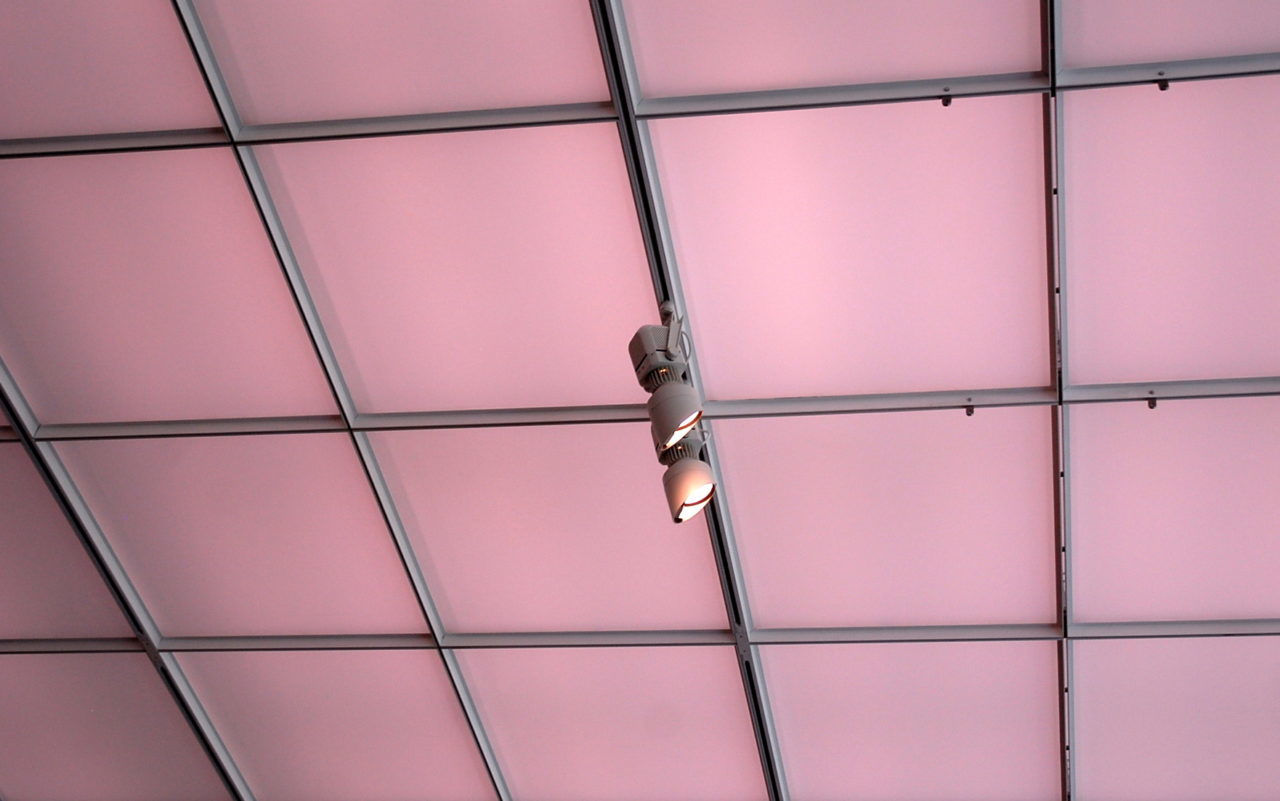

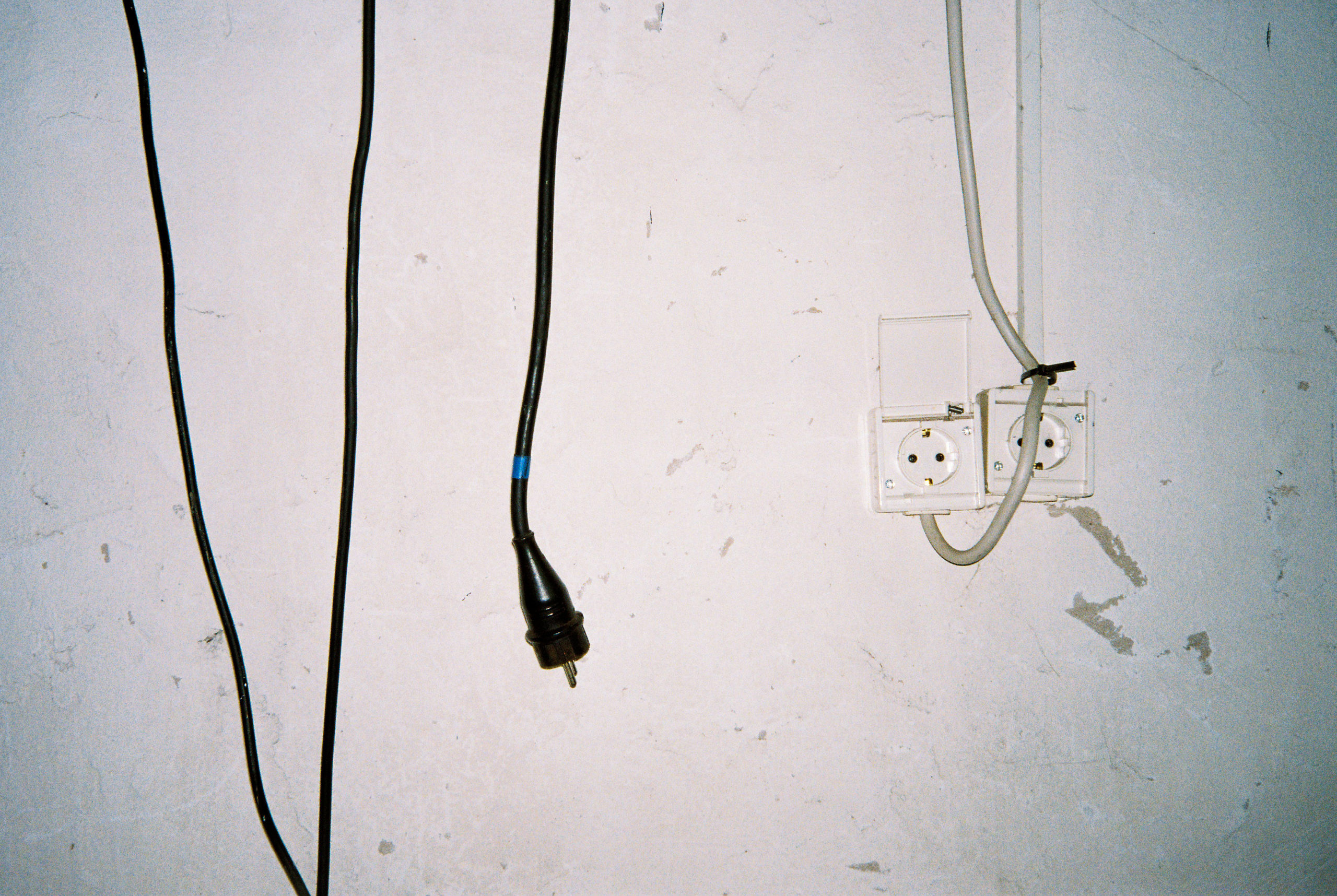
Take us on a trip to Heidelberg. How can we imagine the electronic music scene in such a small, southern town of Germany. Tell us about actors, spaces and collectives in that region.
To me, it feels the electronic music scene is relatively well connected in Heidelberg. There are, for example, different network groups or events and projects that organize themselves as collectives and form labels. Those collective works take place within cultural sites as well as the “underground”. Some actors and venues have been operating for many years, or even decades, while new collectives are constantly being founded at the same time. I especially like this mix and variety of musical genres that function well together, especially since 2020, it seems that groups in the field of electronic music are becoming increasingly polarized. I think that is a nice and necessary development.
Let us talk about music styles. What are your influences?
This question is not that short and easy to answer. My musical background is in the field of classical music. I was part of various ensembles and orchestras making music exclusively in that genre. But I have always listened to all kinds of music and of that, not too little. My parents busy themselves with music so I was surrounded by music as well and spent a large part of my free time in different cultural spaces. It was my musicology studies that made me start to deal scientifically with the subject. In addition to classical music and various pop cultural influences, my strong political interest also defines my music today. Structures have always determined cultural spaces and by implication also music. If you want to act intersectionally feministic, this must also be taken into account within the music – in making music, but also in listening and consuming.
“I never got why so many people are deliberately left out of research and canon. However, in my opinion, musicological research only works if sociology, especially gender discrimination, etc., is also taken into factor. For this reason alone, I have always been interested in precisely these topics during my studies.”
![]() You also organize many events in Heidelberg and the surrounding area. What is the musical vibe and style that people get to hear?
You also organize many events in Heidelberg and the surrounding area. What is the musical vibe and style that people get to hear?
I’ve been part of the Breidenbach label in Heidelberg for a few years, which was founded in 2016.
The booking for most of the label’s events centers around genres like minimal, deep house, tech, and techno. Here we pursue and play, a rather uniform sound both at the events and in our releases.
At ZENA, a feminist collective that I founded together with 3 other female DJs in 2019, we handle it differently. We all play different sounds and are mainly united by our feminist and political aspirations. That is why we also organize events that are not limited to one genre. Depending on what kind of event we want to organize or what we are booked for, we rotate or split up the slots among ourselves and/or invite other FLINTA * DJs. Myself – I think that also ties in with the question of my musical influences – Play different genres and try to test boundaries and combine different genres. This mostly revolves around the genres minimal, house, tech, breakbeat, electro, acid, bass and experimental.
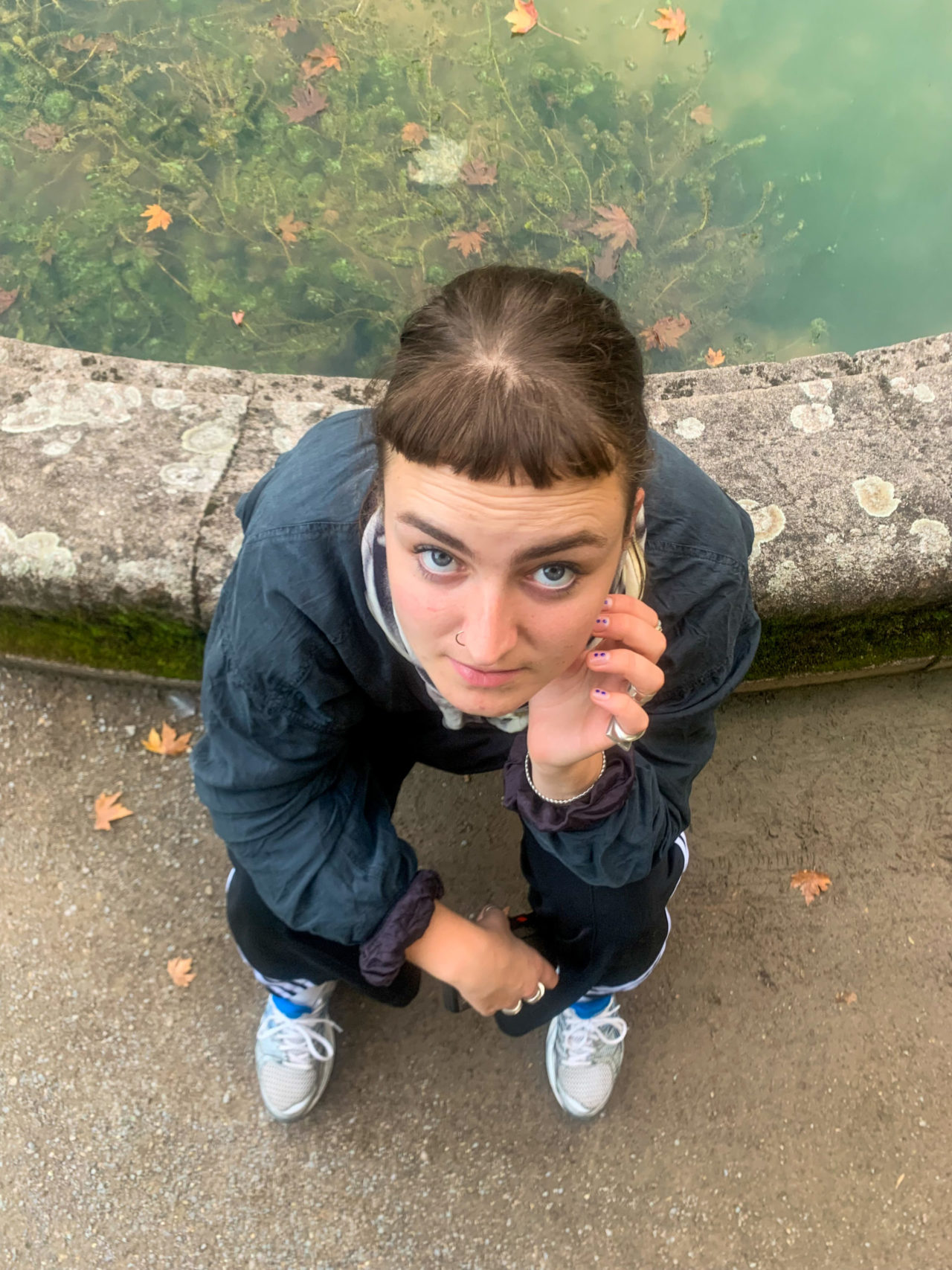
During your musicology studies, you dedicated yourself to the question of women’s and female influences in the developing years of electronic music. What are impressions and conclusions from that time? And what became clear to you for the first time and which circumstances existed in early history and which do still exist?
The course of classical musicology studies does practically not anticipate much the work of female non-binary or trans composers in general. Historical musicology has totally internalized the patriarchal and sexist structures until today. It is only in recent years that approaches and methods of gender and queer studies are frequently used in musicology in German-speaking countries. I never got why so many people are deliberately left out of research and canon. However, in my opinion, musicological research only works if sociology, especially gender discrimination, etc., is also taken into factor. For this reason alone, I have always been interested in precisely these topics during my studies. As in other genres, there is hardly any analysis and reveal about FLINTA* people in the realm of electroacoustic and electronic music. It is consequently difficult to find extensive scientific literature, especially in German. Many of the insights I gained during my research were therefore new to me, or only partially known to me. For example, FLINTA* composers were sometimes employed as assistants to renowned composers and could only use the studios for electroacoustic music at night. This shows how unlike the conditions for access in the field of composition were, and to a large extent still are today. All of these discussion domains have always been filled by sexist and patriarchal structures. The targets of the study, but also the examination itself.

“Our overall goal is to counter stereotypes and gender roles and to create a more diverse music scene. With ZENA we want to create a network that offers a safe space for exchange within the community.”
You are part of a collective, the “ZENA Collective” What is your philosophy. What do you stand for? Maybe you can give us a little insight into past, current, and future projects and works.
ZENA’s primary purpose is to make visible, support, and promote FLINTA* individuals in the sphere of electronic music and club culture. Our overall goal is to counter stereotypes and gender roles and to create a more diverse music scene. With ZENA we want to create a network that offers a safe space for exchange within the community. In the path of this, we organize events ourselves on the one hand and are requested for various events on the other. Through SoundCloud, we have created a digital space for FLINTA* artists as part of a mix series. Every week we present different artists through the mixes. The aim is to give more visibility to both already known FLINTA* artists in the scene as well as those just starting out.
In addition to the increased reach that comes from this networking, the mix series can also be understood in terms of a database to be used, for example, by us and others for booking programs. Only if organizers and institutions actively change their organizational structures and content, patriarchal, discriminatory formations will be broken through and FLINTA* artists will be sufficiently represented. To establish networking, exchange, and discussion, the FLINTA* Network for Electronic Music was built. The Facebook group is intended to serve as a safe space for FLINTA* artists as well as offering the opportunity to exchange ideas, share knowledge and support each other.
Since it was hardly possible for us to organize live events during the last 1.5 years carried out various projects. For instance, a fundraiser for the local political association I Support The Girls, which sends period products to refugee camps on Lesvos. Another project was the organization and curation of a separate (dance) floor of the digital “Drunter&Drüber” festival. Again, we invited FLINTA* artists of music, dance, spoken word, poetry, photography, videography, and politics. This project inspired us last November, due to ongoing lockdowns and social/physical distancing, to transfer the physical and virtual space into a 2D space – the RAUMSPINNERIN print magazine. The magazine also includes a wide variety of media and topics, but they all revolve around culture, politics, and feminism.
In the future, we want to continue existing projects, the network, the mix series, workshops, panels, or the collaboration with local collectives and venues, and also employ new opportunities. For example, starting in October we’ll have a radio residency at Sphere Radio, Leipzig and hopefully, be able to host a few events ourselves. And maybe there will be another edition of our magazine!
What is an object that you constantly carry with you?
A small analog camera! As a child, I tried to catch moments and things, impressions and feelings. Perhaps out of fear of the fast pace of time, but unquestionably out of fun with the medium itself and the interest in aesthetics and artistic chances. I seek, through a mixture of media, to take everything that surrounds me nearly documentary. The camera as a tool works for me similar to those making and preservation of music.
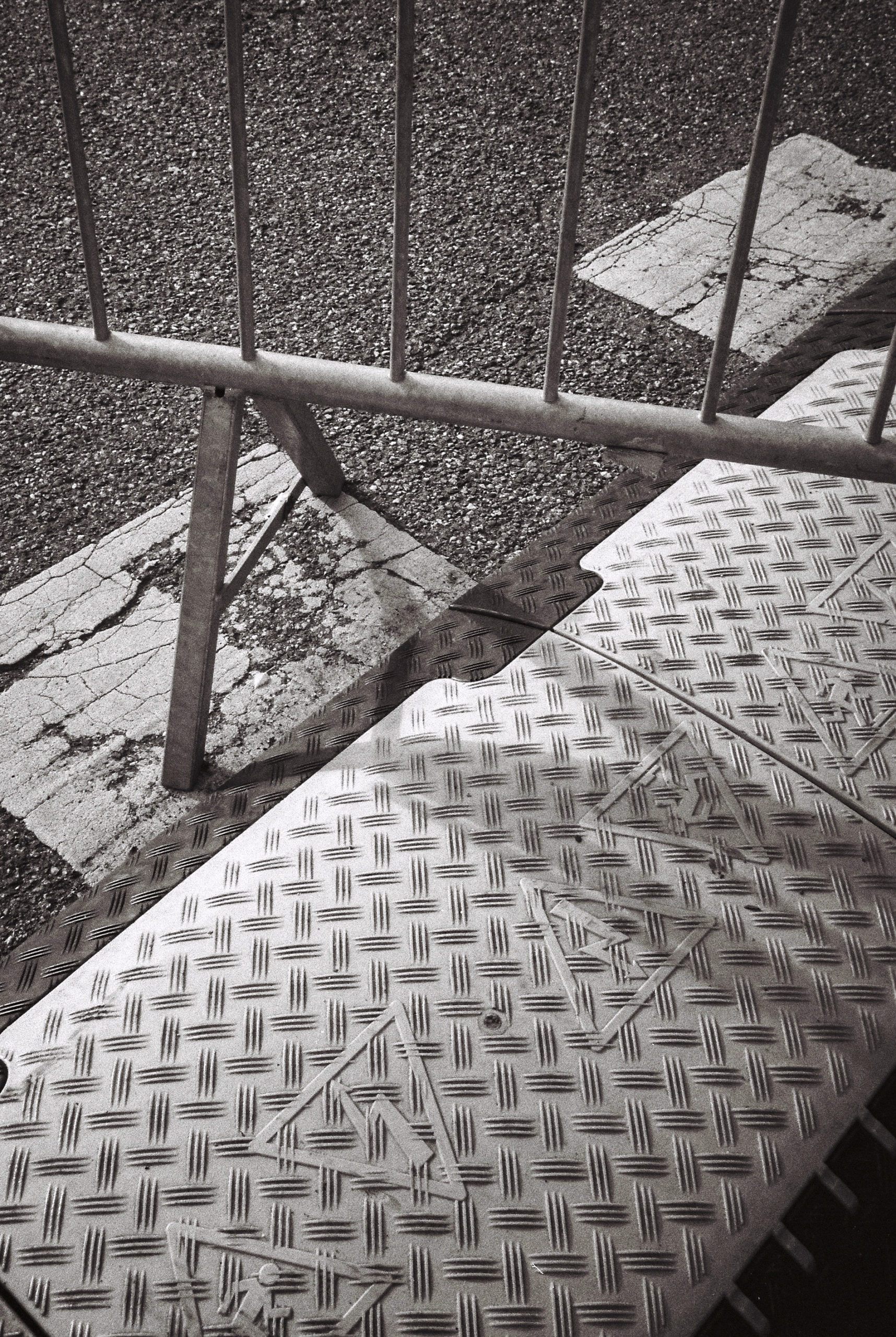

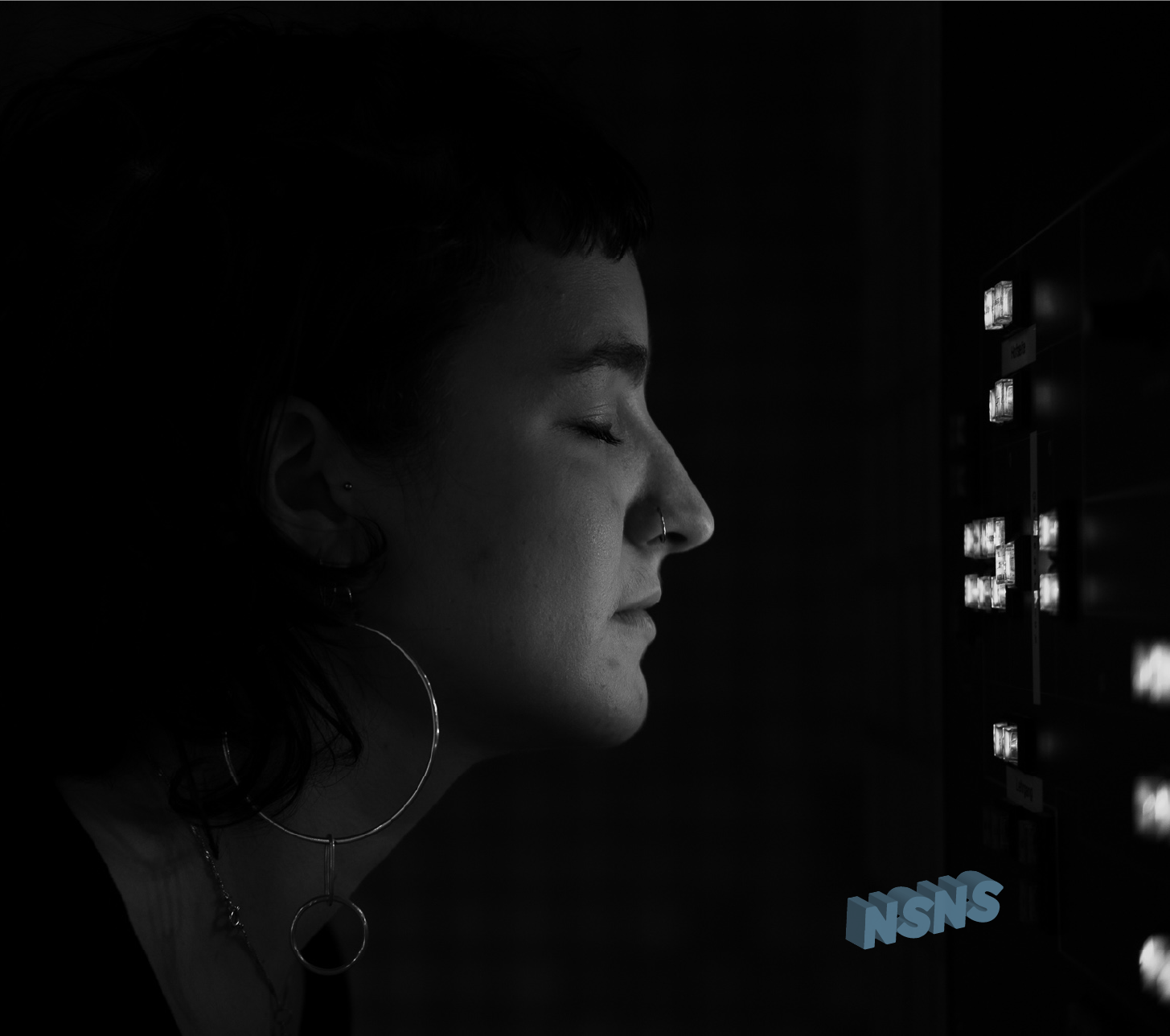 You also organize many events in Heidelberg and the surrounding area. What is the musical vibe and style that people get to hear?
You also organize many events in Heidelberg and the surrounding area. What is the musical vibe and style that people get to hear?